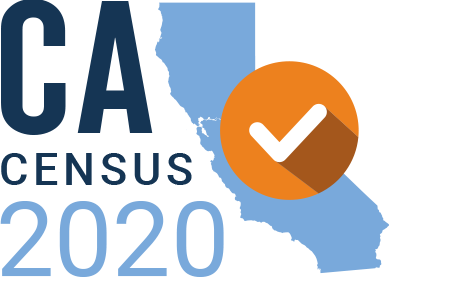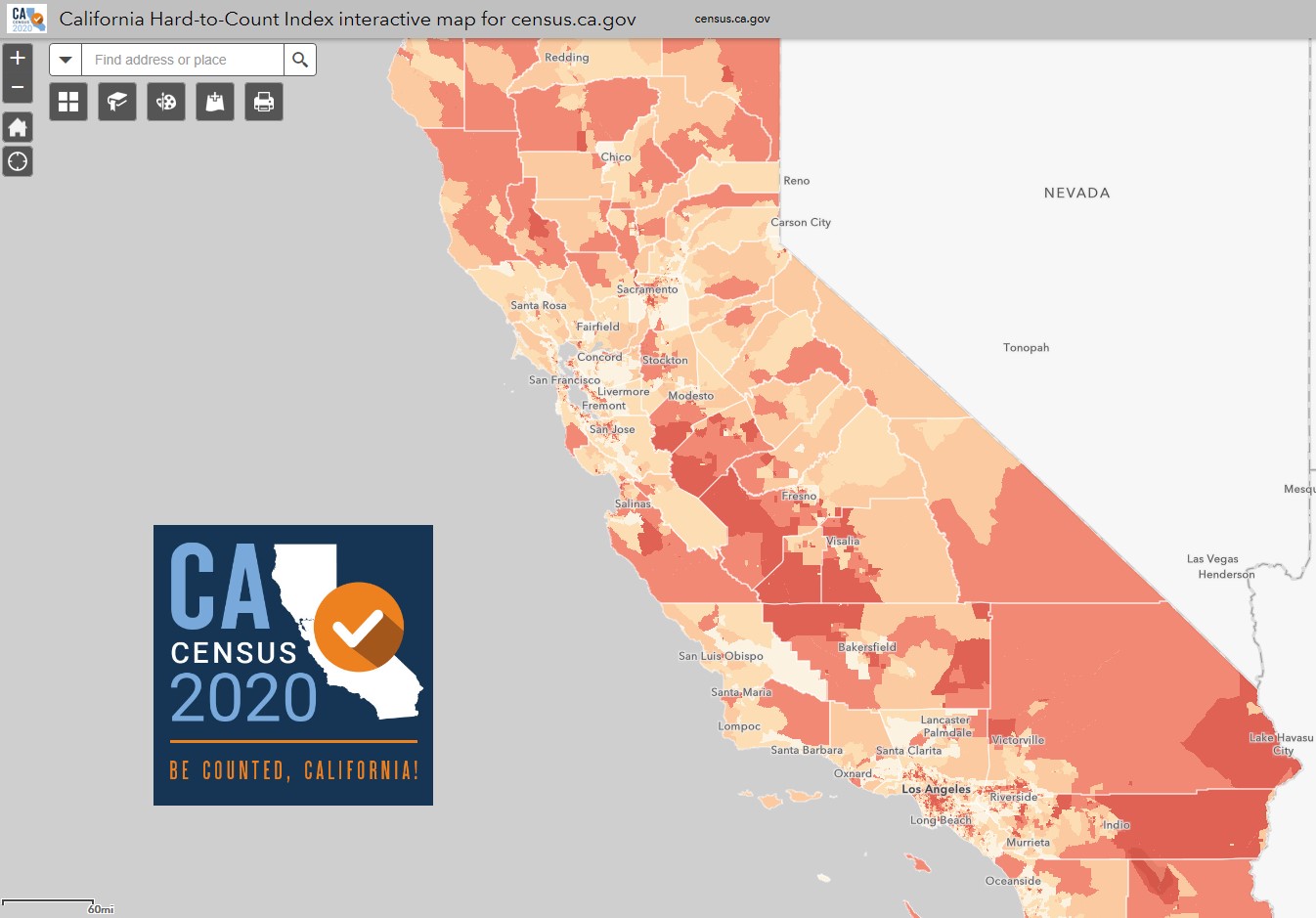Local Complete Count Committees
Local Complete Count Committees
Local Complete Count Committees, comprised of local partners who work with and reach hard-to-count populations, are critical to helping the U.S. Census Bureau reach hard-to-count Californians. Local governments, such as counties, are expected to work closely with their local committee to ensure outreach efforts are inclusive, effective, and culturally appropriate.
This toolkit includes tailored support materials and resources for Local Complete Count Committees, including information on building your LCCC. The below resources will be key in making your communications and outreach efforts effective. It is imperative that committees are well-equipped with information and resources – to ensure that every Californian is counted in the 2020 Census!
Because Local Complete Count Committees know their community best, they are uniquely positioned to ensure that the residents in their communities are counted. We know the Census… and have compiled the toolkit below to help you establish a LCCC and implement a successful outreach campaign.
Forming a CCC
Types of Complete Count Committees
Complete Count Committees (CCCs) come in different types and sizes, depending on how they are organized and where they are located. Government-sponsored CCCs may have a state, regional, or local focus, and operate within the juris- diction of their highest elected official(s). Local government CCCs may include more than one jurisdiction. Most local government CCCs are small to medium size depending on the jurisdiction. A small town may have a small committee with only 3–5 members, while a larger community’s CCC may be medium to large size, with anywhere from 10 to more than 100 members, depending on the size of the city or tribe. Community-sponsored CCCs may be organized by a community group or a coalition of community groups. A CCC may also be assumed by or assigned to an existing committee or group such as a city planning board, a regional planning commission, or a local community committee.
Forming a CCC
- Have the highest elected official or other community leader officially form the committee. For a state, this is the Governor. For a city, this is the Mayor.
- Schedule the first meeting
- Recruit members from a cross-section of community groups
- Create subcommittees — each subcommittee should choose target populations and activities
Committee Structure
- Mayor or County Board of Supervisors
- Chairperson
- Subcommittee Chairs
- Subcommittees (Government, Education, Media, Faith-Based, etc.)
Best Practices and Strategies
- Set clear, achievable goals and objectives.
- Identify targets (populations or areas) for aggressive outreach through—
- Direct community outreach—touching as many people as possible through swap meets, sports events, festivals, parades, etc.
- Strategic partnerships with counties, schools, state agencies, and community-based organizations.
- Coordinate activities with local CCCs throughout the state.
- Create promotional materials and items for populations or areas identified.
- Create events in key areas where none exist.
- A successful complete count committee involves a number of people, organizations and businesses from every part of the community
Mapping Tools
- Interactive Map: California Hard-to-Count Index by Census Tract and Block Group – NEW!
- Identifying California’s Hard-to-Count in Census 2020 – Descriptions of the 14 variables that comprise the CA-HTC Index
Committee Resources
- U.S. Census Bureau Local Complete Count Committee Contact – email: Los.Angeles.rcc.partnership@2020Census.gov
- U.S. Census Bureau: Local Complete Count Committees – How to Get Involved (PDF)
- U.S. Census Bureau: Local Complete Count Committees Program Brochure (PDF)
- U.S. Census Bureau: Local Complete Count Committees Program Guide (PDF)
- What Is a CCC?
- When Should a Complete Count Committee Organize?
- What Is the Subcommittee Structure of a SCCC/CCC?
- Summary: What Are the Benefits of a State Complete Count Commission/ Complete Count Committee?
- Appendix A: 50 Ways Census Data Are Used
- Appendix B: Understanding the Language of the 2020 Census
- Contact Information
FAQs
What authority does the Census Bureau have to collect my information?
We are conducting this survey under the authority of Title 13, U.S. Code, Sections 141 and 193. This collection of information has been approved by …
Why does the census happen every 10 years?
The Constitution of the United States, Article 1, Sections 2 and 9, directs that a census or population count be taken every 10 years. Throughout the…
How is the privacy of respondents protected?
The Census Bureau is required by law to protect your information. The Census Bureau is not permitted to publicly release your responses in a way that…
Are my responses confidential?
Yes. The Census Bureau takes the responsibility to protect your information very seriously. The law puts in place very stringent measures to protect your information…


